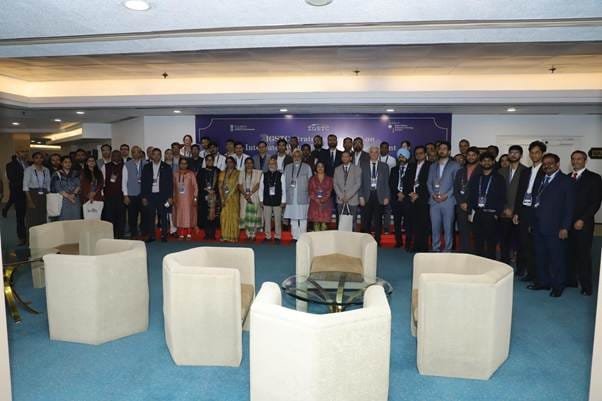Indian retail sector evolving with digitization, says Mediratta
As the retail sector has been experiencing the effect of formalisation of economy and digitalisation, it needs National Retail Policy to establish a level playing field for both online and offline retailers including small retail, modern retail and ecommerce partners. Small retailers and kiranas also need to be empowered with data analytics to increase their sales and footfall.
“Since the pandemic, the retail sector has been evolving with digitalization and formalisation of the economy,” said Arvind Mediratta, Chairperson for Retail and Internal Trade, FICCI and MD & CEO of METRO Cash & Carry India.
“As kiranas are the backbone of Indian retail economy, it’s pertinent that we empower them. Local Kiranas are known for their low cost and last mile delivery. They are very astute and make profits even in smaller market.
“A comprehensive retail policy will provide a major fillip to the sector and provide the required level playing field for both online and offline retailers,” he said.
National Retail Policy will also help technology adoption in the sector and ensure implementation of minimum wages and employee welfare schemes. It will lead to many entrepreneurial success stories while attracting quality talent, he pointed out at the conference, ‘Retail Samvad’ on the theme ‘Future of small retail: Strengthening & Skilling retailers for India@100’ in New Delhi on 5 Nov 2022.
“Retail sector is an integral part of the economy. In about 15 months since the time wholesale and retail trades were allowed in Udyam Portal, as many as 2.9 million wholesale and retail businesses have registered,” added B B Swain, Secretary, Ministry of Micro Medium and Small enterprises, Government of India.
This constitutes over 25% of all registrations that had taken place on the Udyam System. The figure underscores the importance of the sector.
“We are working towards bringing formalisation in the informal sector. Their formalisation will help them to have easy access to credit.
“We hope to reduce the credit gap with concerted efforts. Formalisation and credit felicitation will become more effective with policy recommendation,” Swain said at the conference by the Federation of Indian Chambers of Commerce & Industry (FICCI) and Center of Policy Research and Governance (CPRG) India in association with METRO Cash & Carry India.
“Based on stakeholder demand, we extended non-tax benefits for 3 years instead of 1 year to all MSMEs if their categorization status has changed upwards. I will be looking forward to see the outcome from today’s discussion and will endeavour to take them to their logical conclusion.”
“For the large retailers, the cost of selling is not going to come down. It is upon the interest of larger organisation that smaller retailers survive,” added Satish N.S. President of Haier Appliances, India.
“The fundamental difference is that in the US, people buy online because of convenience. In India, people buy online because of discount. If the discount drops, people would leave the online channel.
“If the predatory pricing is controlled, the bottom of the pyramid can take care of itself,” he underlined. fiinews.com










